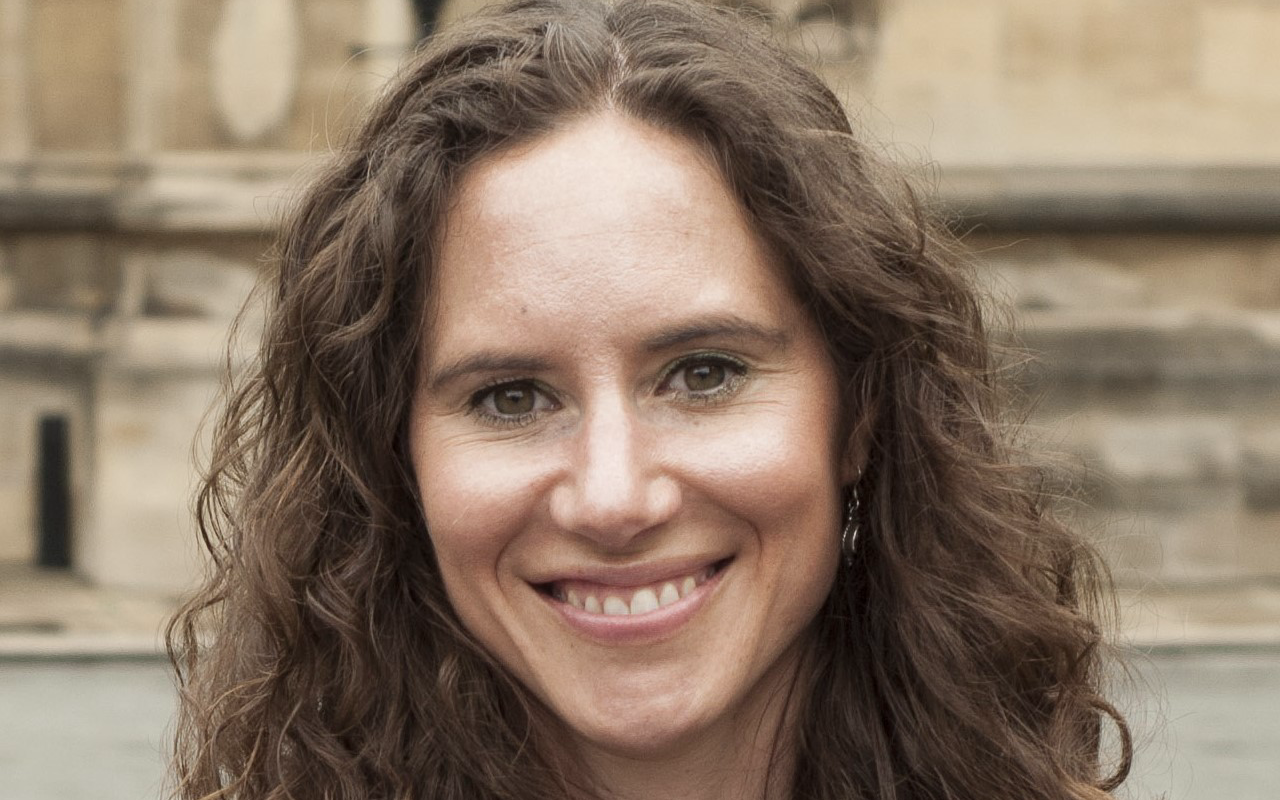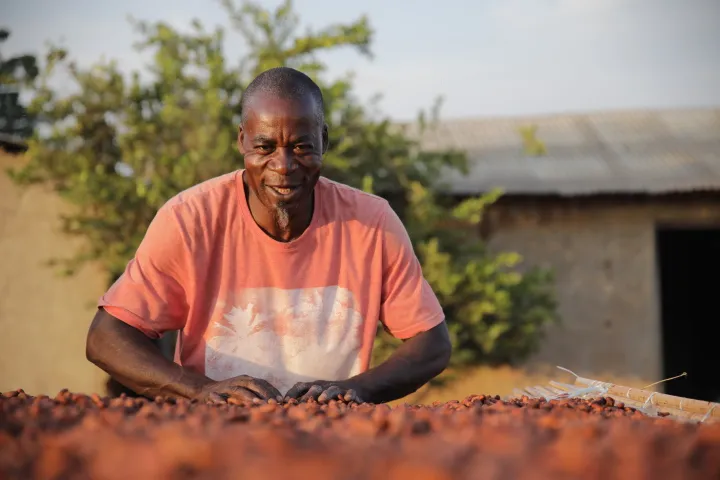Just five months into the role, Harrison is already steering the organisation toward a more action-oriented, market-responsive, and tech-enabled approach that aims to deliver tangible benefits to producers, particularly those in the cocoa sector.
She outlines her priorities as building on Fairtrade's legacy, embracing digital transformation, and ensuring the foundation’s values remain relevant in a rapidly evolving global supply chain.
From Legacy to Leadership: A New Chapter for Fairtrade
Harrison took the reins in March 2025, and soon after received a boost: Fairtrade’s flagship cocoa initiative, the Livelihoods Ecosystem Advancement Programme (LEAP) - developed in partnership with Mars and Ecookim in Côte d’Ivoire - was recognised by the UK Government as a model of responsible business in its new Trade Strategy.
The strategy also profiled Fairtrade’s Shared ImPact model as a leading example of pre-competitive collaboration to strengthen producer resilience while delivering commercial value for retailers and brands.
“These are the foundations Fairtrade was built on 30 years ago - long-term relationships, fair prices, and equitable outcomes,” Harrison says. “My mandate is to accelerate the work that’s already begun and to push for a food system fit for the next 30 years.”

Data, Digital, and Traceability: A New Toolkit
For Harrison, the future of ethical trade lies in achieving outcomes, not just adhering to standards. “I believe certification provides a crucial baseline - nobody should fall below it. But today’s economic and environmental challenges require more.”
Fairtrade is investing significantly in digital transformation - building traceability and data systems that track cocoa from the first mile to the last. “We’re working hard to ensure data is accessible, visible, and useful - not just for brands, but for farmers themselves,” she explains.
A key principle is ensuring producers are active participants in governance and benefit from the data they help generate. “Fairtrade is unique in having producers make up 50% of our governance. Data is power - and producers must be empowered with it.”
LEAP: Rethinking the Role of Business in Cocoa
The LEAP programme - now spotlighted in the UK’s Accountable Trade agenda - is a powerful case study of how ethical sourcing can scale impact. Among its key features:
- Inclusive Financing: A €1.8 million fund offers loans for farm inputs, harvests, and even school fees, expanding financial inclusion.
- Income Diversification: Support for alternative livelihoods like beekeeping, cashew farming, and women-led businesses.
- Supply Chain Collaboration: LEAP includes the producer cooperative CAKIB in all decision-making and will pilot direct cash transfers tied to sustainable farming practices.
“The success of LEAP comes down to integrated partnerships and shared investment,” says Harrison. “When retailers and brands work together pre-competitively, it changes the dynamic - risks are shared, and so are the rewards.”

Certification, Compliance, and the Future of Responsible Trade
Fairtrade’s model has come under scrutiny, particularly regarding its Living Income Reference Prices (LIRPs). Some critics argue these prices don’t always translate into real income gains for farmers. While Harrison doesn’t wade into that specific debate—since LIRPs are set by Fairtrade International in Germany - she is clear on the direction of travel.
“We are already working far beyond certification. We’re focused on outcome-based approaches that deliver genuine transformation in farmers’ lives.”
That transformation, she argues, must also be shaped by regulation. The UK may no longer be bound by EU law post-Brexit, but Harrison is urging policymakers to introduce mandatory human rights and environmental due diligence legislation, similar to the EU’s EUDR and CSDDD frameworks.
“This isn’t about levelling the playing field - it’s about raising it. Farmers should be paid above the cost of production. That’s what enables sustainable livelihoods, investment in climate resilience, and a stable, ethical food supply for everyone.”
Fairtrade Fortnight 2025: A Platform for Action
Harrison is already gearing up for this year’s Fairtrade Fortnight (22 September – 5 October), which she describes as a “key marketing peak” and a vital moment to remind the public that ethical sourcing is an actionable choice.
With 84% of UK consumers recognising and trusting the Fairtrade mark, Harrison sees this as both an opportunity and a responsibility. "Consumers want to do the right thing. Our job is to make it easy and impactful for them,” she says.
Looking Ahead: A Vision for 2055
Asked what success would look like over the next three decades, Harrison doesn’t hesitate: “A food system that treats people with fairness and dignity. One where farmers are in control of their destinies, and where British consumers and businesses can have confidence in what they buy.”
Fairtrade’s shift beyond certification doesn’t mean abandoning its roots - it means evolving to meet the moment. And under Harrison’s leadership, the organisation appears poised to do exactly that.
- Fairtrade Fortnight 2025
- Dates: 22 September – 5 October 2025
- Theme: HREDD legislation in the UK and call for 'everyone to do their bit'
- Focus: Cocoa, climate resilience, and income equity
For continued insights into sustainability, sourcing, and innovation in the cocoa industry, subscribe to the CocoaRadar newsletter.
- From the Desk of CocoaRadar is the official media partner ECA 9th European Cocoa Forum.
- 'From Our Desk. To Yours. Daily.'

